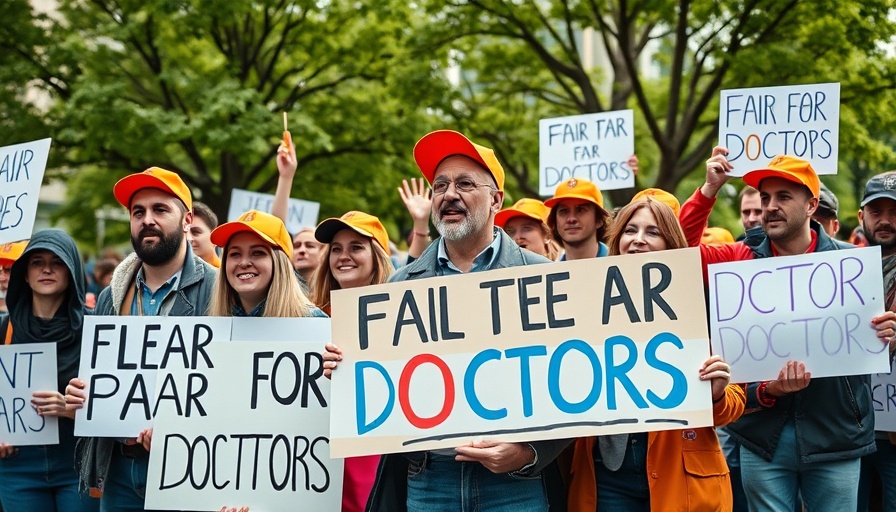
Health inequalities laid bare
Over half of the NHS waiting list for non-urgent treatments are individuals aged 19 to 64, according to an official report that shines a glaring light on the structural inadequacies of the healthcare system in England. This distressing data highlights the significant burden particularly facing women, who account for 57% of those waiting for gynaecological interventions. The figures reveal a troubling trend: patients from poorer socioeconomic backgrounds and certain ethnic minorities often face the longest waits.
Disparities in care: Who is affected?
The data reveals that while a significant number of the waiting list comprises of individuals within a working age, a stark contrast exists based on economic status and ethnicity. A mere 3.1% of patients in the most deprived areas were waiting over 12 months for treatment, compared to 2.7% in wealthier areas. This key disparity raises urgent questions about the fairness of the NHS’s approach to treatment access and the need for urgent intervention to address these injustices.
Long waits for gynaecology: The women's health crisis
For years now, gynaecology has stood out as a sector plagued with excessive waiting lists, causing women considerable distress. Prof Ranee Thakar, president of the Royal College of Obstetricians and Gynaecologists, has emphatically stated that these delays are not merely inconvenient; they inflict deep psychological and physical harm, leading to more complicated health issues later on. Women in deindustrialized and coastal towns are bearing the brunt of these delays, which often correlates with a wider trend of neglect for those living in disadvantaged communities.
Health Secretary's plan: Will it be effective?
Health and Social Care Secretary Wes Streeting has recently advocated for transparency in health inequalities, declaring that it's time to address these critical issues head-on. His new health plan aims to overhaul the NHS by focusing resources on working-class communities and establishing neighbourhood health services. But can sweeping reforms really tackle the entrenched health injustices that have persisted for decades?
The role of institutions and communities
This initiative also calls for NHS trusts to actively engage with community data, hoping to pinpoint and rectify the systemic barriers that have long been overlooked. The urgency cannot be overstated; the health of communities hangs in the balance. Tackling inequality in healthcare is not just a moral obligation; it’s a societal necessity.
Urgent action is required
As citizens of Leicestershire, you must ask: what measures can we take to stimulate change in our local healthcare provision? Encouraging local NHS leaders to adopt these revelations could help bring about a much-needed reform in treatment access. It is your health; demand that your voices be heard!
 Add Row
Add Row  Add
Add 




Write A Comment